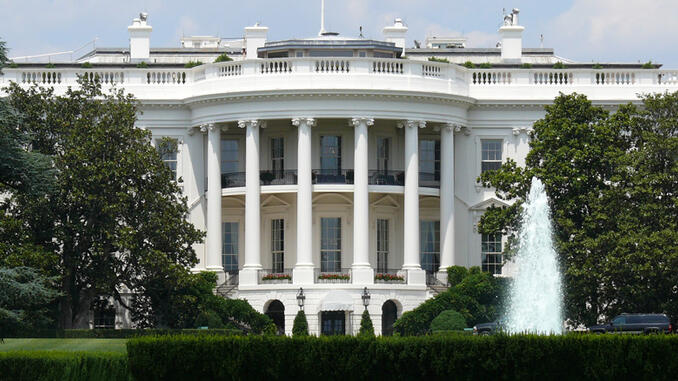
Washington was shocked this week after an anonymous New York Times op-ed was published by a “senior White House official” stating that there is a group of people in the White House, including the author, who actively thwart parts of President Trump’s agenda. The op-ed, titled “I Am Part of the Resistance Inside the Trump Administration” paints a picture of an unstable president who is a threat to America’s democracy causing a group of anonymous people to secretly put checks on the President’s agenda. Some are calling this a “quiet coup.”
“…We believe our first duty is to this country, and the president continues to act in a manner that is detrimental to the health of our republic,” writes the author of the op-ed. “That is why many Trump appointees have vowed to do what we can to preserve our democratic institutions while thwarting Mr. Trump’s more misguided impulses until he is out of office.”
The author goes on to describe that early in the Trump administration, cabinet members, alarmed over Trump’s erratic behavior, discussed the use of the 25th Amendment but ultimately decided they did not want to precipitate a constitutional crisis. (The 25th Amendment is a constitutional amendment to provide a mechanism for the removal of a president if he or she becomes incapacitated or unfit to continue to hold the office.)
This is not the first time there has been reporting of a “resistance” in the White House or insider discussion of the 25th Amendment. In Omarosa Manigault Newman’s recently published book, “Unhinged: An Insider’s Account of the Trump White House” she writes, “Rest assured that there is an army of people who oppose [Trump] and his policies. They are working silently and tirelessly to make sure he does not cause harm to the republic. Many in this silent army are in his party, his administration, and even in his own family.”
Last October Vanity Fair published a story showing there were concerns early in the administration about the use of the 25th Amendment against Trump. “…Some West Wing advisers were worried that Trump’s behavior could cause the cabinet to take extraordinary constitutional measures to remove him from office. Several months ago, according to two sources with knowledge of the conversation, former chief strategist Steve Bannon told Trump that the risk to his presidency wasn’t impeachment, but the 25th Amendment.”
The publication of the New York Times op-ed came one day after excerpts were released from Bob Woodward’s upcoming book “Fear: Trump in the White House.” The timing appears to be a coincidence according to the New York Times who does know the identity of who penned the op-ed. Woodward describes in his book what he terms as “an administrative coup d’etat.” He describes cabinet members conspiring to steal documents off Trump’s desk so he could not see or sign them to protect national security. In one particular case, Gary Cohn, then Trump’s chief economic advisor, swiped off the President’s desk a paper to be signed by the President ending a trade agreement with South Korea that would have jeopardized America’s ability to quickly detect possible nuclear missiles launches in North Korea.
President Trump reacted to the publication of the anonymous op-ed by questioning if it was an act of treason (it is not). He then reacted by asking Attorney General Jeff Sessions to launch an investigation to find who wrote the op-ed, even though there is no obvious law broken for the Justice Department to investigate. For some, Trump’s reaction to the New York Times op-ed shows why there is concern over his fitness for office.
Washington is reeling from the news which has no parallels in American history that a sitting president is not even trusted by his own administration to do a reasonable and competent job. Even during the lows of Watergate, President Nixon’s competence was not even questioned. A new parlor game has sprung up as to guessing the identity of the op-ed writer. For now, his or her identity is a secret like that of Deep Throat who was the leaker Bob Woodward famously used to make the crimes that became known as Watergate public. Deep Throat’s identity went on to remain secret for three decades until Mark Felt came forward as the famous leaker.
